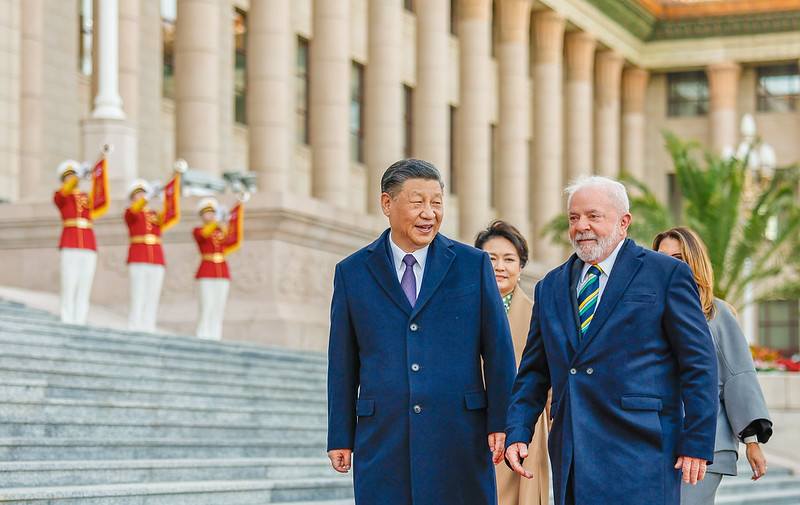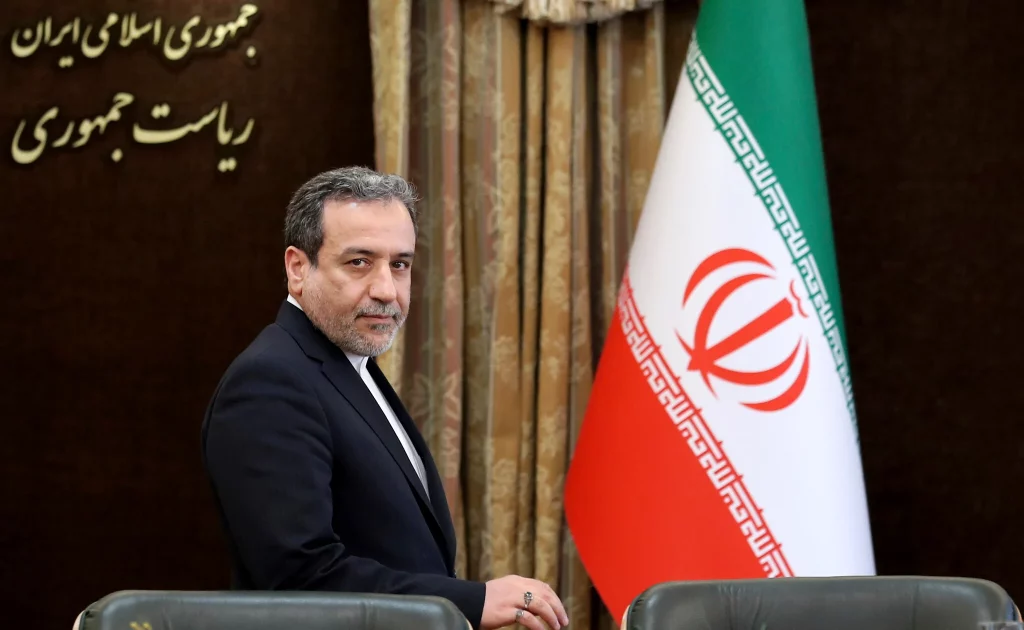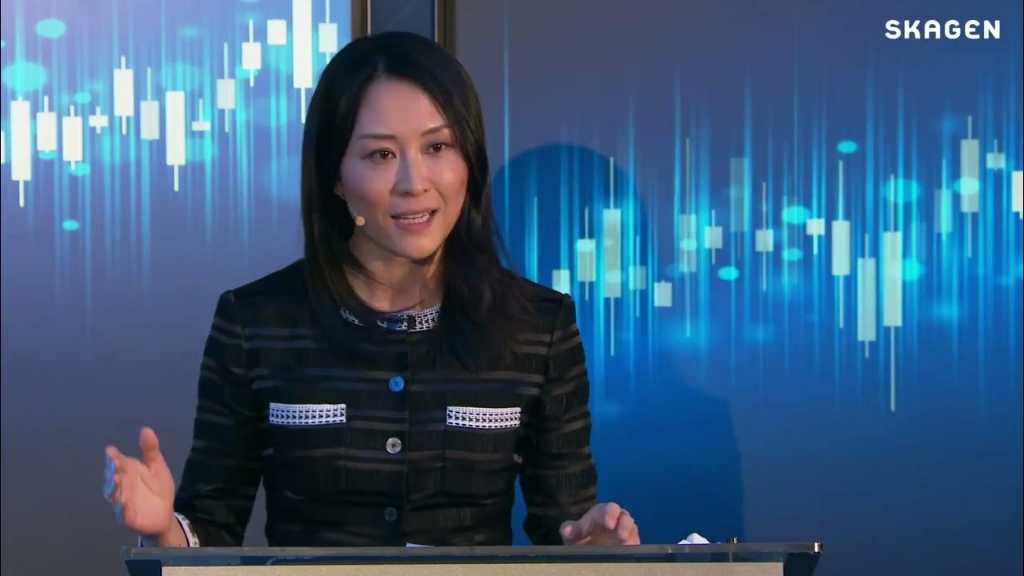By Miguel do Rosário, editor of the portal O Cafezinho
Is a world without the dollar possible?
During his recent visit to China in April 2023, President Lula delivered a bold speech in Shanghai at the inauguration of Dilma Rousseff as the new head of the BRICS bank.
Lula summarized, in his characteristically simple and profound language, one of the most central challenges of the contemporary world: why do countries need to conduct business in dollars? Why can’t they do it in their own national currencies?
Despite the traditional Brazilian press ignoring, downplaying, or manipulating the President’s speech, it had a huge impact in the Global South. Not because it was delivered by Lula or because it came from Brazil, but because this has been, in fact, one of the most complex economic issues of recent times, especially for the countries of the Global South.
The latest issue of Wenhua Zongheng, a “quarterly journal of Chinese thought,” is focused exactly on this topic: the challenges of dedollarization. The first article in this issue is by Brazilian economist Paulo Nogueira Batista Jr., who was once the vice president of the BRICS bank and a director appointed by Brazil to the IMF. The other texts are written by Chinese economists.
The magazine presents four fundamental articles to understand the issue of the dollar from a rigorously scientific perspective. Don’t be intimidated by the term “scientific,” as the texts, despite the intellectual sophistication of the authors, are written in a journalistic language that is didactic and accessible to all.
Ding Yifan’s article tackles the topic through the question in its title: “What Drives the Debate on Dedollarization in the BRICS?”
Like the other texts, Yifan is very straightforward: the dollar issue became urgent when the United States decided to “freeze” (a euphemism for steal) more than $300 billion of the Russian central bank’s reserves.
However, Yifan notes that the problem is not new. A passage from his article states:
“(…) In this era when the world is moving towards a multipolar order, the hegemony of the US dollar hinders international cooperation among many countries. Since its ‘war on terror,’ the United States has discovered that, compared to traditional trade wars, it is much more effective to use the hegemony of the dollar to impose financial sanctions on countries that violate the ‘rules-based order’ led by the US. This logic was detailed by Juan Zarate, a former US official during George W. Bush’s administration, in his 2013 book, Treasury’s War: The Unleashing of a New Era of Financial Warfare. In recent decades, the US has used the dollar as a weapon to impose financial sanctions on countries it does not favor.”
The book by Zarate cited by the writer is a masterpiece of American imperialist cynicism. I decided to study it before writing this review and was, once again, astonished by how candidly Americans admit to acting under an absolutely authoritarian philosophy towards other countries.
Zarate recounts how he worked within the Treasury Department (the equivalent of the Ministry of Finance in Brazil) and helped instill a culture of war within the institution. The US Treasury should be used, especially since the “war on terror,” as a tool to subjugate all those who stood in the way of the US’s total global domination. Even allies were not safe, as there are passages where he recounts instances in which the UK and France had to be “convinced,” through “financial pressures,” to obediently follow the White House’s policies in the Middle East.
Zarate is blunt: “The dollar serves as the global reserve currency, as well as the currency for international trade, and New York remains the financial center of international capital and the hub of all dollar transactions. With this concentration of financial and commercial power comes the ability to turn access to American markets, American banks, and American dollars into financial weapons.”
In other words, the US government sees the dollar as a weapon of war. A financial weapon, but as lethal and efficient as a battery of long-range missiles.
There is a somewhat comic point, however, in Zarate’s book, which I would very much like to bring to readers.
When discussing the precedents for using these economic weapons to subjugate other countries, he highlights some famous historical facts.
The oldest and one of the most famous, Zarate notes, is the economic siege the Athenians imposed on Megara, a Greek city allied with Sparta.
Athens was at the height of its economic and cultural prosperity until it decided to apply economic sanctions against Megara. The reasons for this aggression are varied. The Athenian humorist Aristophanes even wrote that it was Pericles’ revenge because someone in Megara kidnapped one of Aspasia’s maids, his wife.
The economic blockade banned Megarians from accessing ports and markets throughout the large Athenian Empire, effectively strangling the Megarian economy. The sanctions would have also affected Megara’s allies and may have been seen as a move by Athens to weaken its rivals and extend its influence. Megara controlled the important routes between Peloponnese and Attica, making it crucial for both Athens and Sparta.
The Spartans immediately sent diplomats to Athens to plead for the lifting of the sanctions, explaining that they were causing severe economic and social problems in Megara and many Greek cities, especially those under Spartan influence.
Athens ignored the Spartan appeals, and the Peloponnesian War began, which would be equivalent, in terms of proportional death toll, to the major world wars of the 20th century.
The result was tragic, especially for Athens, which was defeated and dominated by Sparta, marking the end of the Athenian empire and the beginning of the end of the brilliant Athenian era.
In other words, the economic sanctions against Megara were a terrible idea for Athens! Zarate seems unaware of this when he mentions them as an “example.”
He recalls other economic sanctions in history, and all are equally disastrous. At no point does Zarate acknowledge the fact that economic sanctions, in any era, tend to backfire on those who impose them.
The Treaty of Versailles, for example, also cited by Zarate, promoted a terrible economic siege against Germany. Keynes’s first book, The Economic Consequences of the Peace, provided a powerful warning against the inherent stupidity of this type of economic aggression. Despite being a public and critical success in Europe, the governments that had won the First World War ignored Keynes. In his brilliant war memoirs, Winston Churchill similarly offers a devastating critique of what he calls the “madness of the victors,” mentioning economic sanctions invented by populist politicians and insensitive bureaucrats who ignored the complexity of economic relations at the time. The sanctions against Germany did not weaken the country. On the contrary, they turned it into the greatest military power of the time, but they weakened its democracy and created the conditions for the rise of Nazism.
I repeat, all examples of economic sanctions cited by Zarate resulted in disaster for those who applied them.
The most recent example confirms the rule. The economic sanctions that the US and its European vassals applied against Russia at the start of the war in Ukraine resulted in an economic crisis in Europe itself while accelerating Russia’s development.
However, the most visible consequence of the American obsession with sanctioning half the planet is the increased determination, especially by Global South countries, the most harmed by these sanctions and the most vulnerable to this type of financial threat, to free themselves from this unbearable blackmail.
We have reached a point in the world, therefore, where the US threats to the rest of the world that they will be sanctioned if they do not obey imperial edicts, always using the hegemony of the dollar as a really dangerous and effective financial weapon, ironically result in the weakening of the dollar and the proliferation of debates, studies, and exercises on how to inaugurate a true multipolar financial order in which countries can participate in international trade and establish their reserves using a pool of currencies as a reference, rather than just a specific currency of one country.
The articles in Wenhua Zongheng denounce the increasingly acute contradiction between a burgeoning, more varied, more agile international trade and the dependence on a currency linked to a country with ever-increasing current account deficits, yet a country that is more and more aggressive and selfish in its military use of that currency.
The Chinese have already started a process of distancing themselves from the dollar. Much of China’s international trade is conducted in renminbi. Russia was forced, by American financial truculence, to make abrupt changes in its exchanges with the world, and today it trades most of its products in rubles, renminbi, or local currencies. India has also dramatically increased the use of its own currency, the rupee, in its exchanges with other countries.
However, smaller countries have much more difficulty using their own currencies, making them very vulnerable to speculative attacks, currency fluctuations in the markets, and especially to the truculence and threats from the US. A small nation wanting to trade with China or Russia will often have to consider the geopolitical consequences of that transaction.
Brazil also suffers terribly from the consequences of dollar hegemony, as our national wealth is often priced more by speculators in New York than by production costs in our territory. The price of our soybeans, meat, coffee, and oil is exposed to the financial whims of a nation with a fiscal deficit growing by $1 trillion every 100 days. It is not possible for a population of over 200 million people to remain exposed to this type of risk.
In October, there will be a BRICS meeting in Kazan, Russia, and the theme of dedollarization has already been announced as a priority. In 2025, Brazil will assume the BRICS presidency, and it will be up to Brazilian economists and economic journalists to increase their participation in this debate. As a major exporter and importer, having achieved a trade flow of nearly $600 billion in two consecutive years, 2022 and 2023, and likely to repeat this year, Brazil has become one of the main players in international trade. Therefore, the exchange rate issue has become absolutely strategic for our economic, social, and political stability. For Brazil, the dollar has also become a hindrance and a danger, exacerbated by the fact that our main trading partners today are in the Global South, precisely those most attacked by the financial wars promoted by the US through the blatant manipulation of the dollar.
The dedollarization of the world has thus become one of the main banners of geopolitical independence for the Global South and Brazil!
Important Links:
You can download the full Wenhua Zongheng and previous editions here.
By the way, I know one of the editors of this magazine, the researcher from Rio, Marco Fernandes, whom I regularly interview for Jornal da Forum, a program I anchor on the TV Forum channel on YouTube. You can watch our latest conversation here (in portuguese).
Speech by the President of the Republic Luiz Inácio Lula da Silva at the inauguration ceremony of the president of the New Development Bank.
Bibliography:
- Treasury’s War by Juan C. Zarate
- The Economic Weapon by Nicholas Mulder










Nenhum comentário ainda, seja o primeiro!